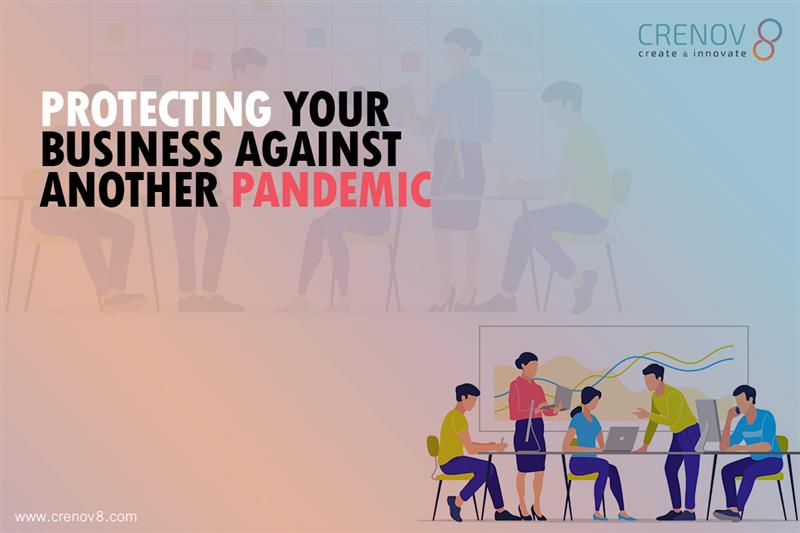Coronavirus has led to an unforeseen disruption of business activities, abrupt shutdowns, job losses, forceful restructuring, salary cuts, and economic hardship. All these are as a result of a general ill-preparedness of the ecosystem.
The business landscape had not seen anything compared to COVID-19. The first global pandemic was the Spanish Flu that ravaged the world 100 years ago. Between then and now, we have several deadly outbreaks. This includes Acquired Immune Deficiency Syndrome (AIDS), Severe Acute Respiratory Syndrome (SARS), H1N1 Flu, Middle East Respiratory Syndrome (MERS), Ebola, and Bird Flu. Each accompanied by fear and death, but none wreaked the sort of global havoc associated with COVID-19.
Unfortunately, we may not have a century to prepare for the next inevitable pandemic. Certainly, coronavirus will henceforth change the way we do business. Thus, the need for companies to adopt a preparedness plan.
How to Protect your Business
Go Back to the Books
COVID-19 did not only show the ill-preparedness of businesses, but also the failure of the government to maintain economic, social, and political stability. Organizations need to consider their books, evaluate risks, restructure, and strategize business processes.
Leverage Technology
Given the public health risk posed by pandemics, there is an increased demand for technology to carry out business processes. The adoption of Artificial Intelligence, Cloud Computing, Drone technology, the Internet of Things, and Blockchain technology will result in automation, reduce the need for in-person interactions, and cut labor costs.
Also, the use of video conferencing tools such as Zoom, Google Teams, and Skype are already replacing international business travels.
Take Cover
Currently, there is a surge in demand for epidemic insurance following the COVID-19 outbreak. However, only those that had invested in insurance coverage for epidemic are better positioned to recover from this shock. The majority are still struggling to get business activities back on track. Disaster and epidemic insurance coverage will cushion the effect of a future pandemic.
Collaborate and Cooperate
There is a need for businesses to collaborate, share data, and cooperate across institutions and geographies. For instance, the failure to end the China-US Trade war will cause grave harm to the global supply chain ecosystem.
Protect the Workplace
The work environment needs to be safe for employees and clients to do business. Safety measures include the installation of a Smart Disinfection Gate at entrances, and the provisions of face masks, washing sinks, and sanitizers can reduce the spread of germs. The workstation should be rearranged to minimize human-to-human contact and ensure proper hygiene. Recently, businesses are beginning to embrace remote work practices in cases where the work can be done at home.
In summary, epidemic preparedness is the responsibility of government institutions, public health authorities, corporate organizations, and the general public. Once things return to normal, there is a high probability for businesses to return to complacency. A looming pandemic may hit harder if we fail to protect our businesses on behalf of employees and clients. We may not have the ability to stop global pandemics from happening, but we can prepare for the worst in advance.






